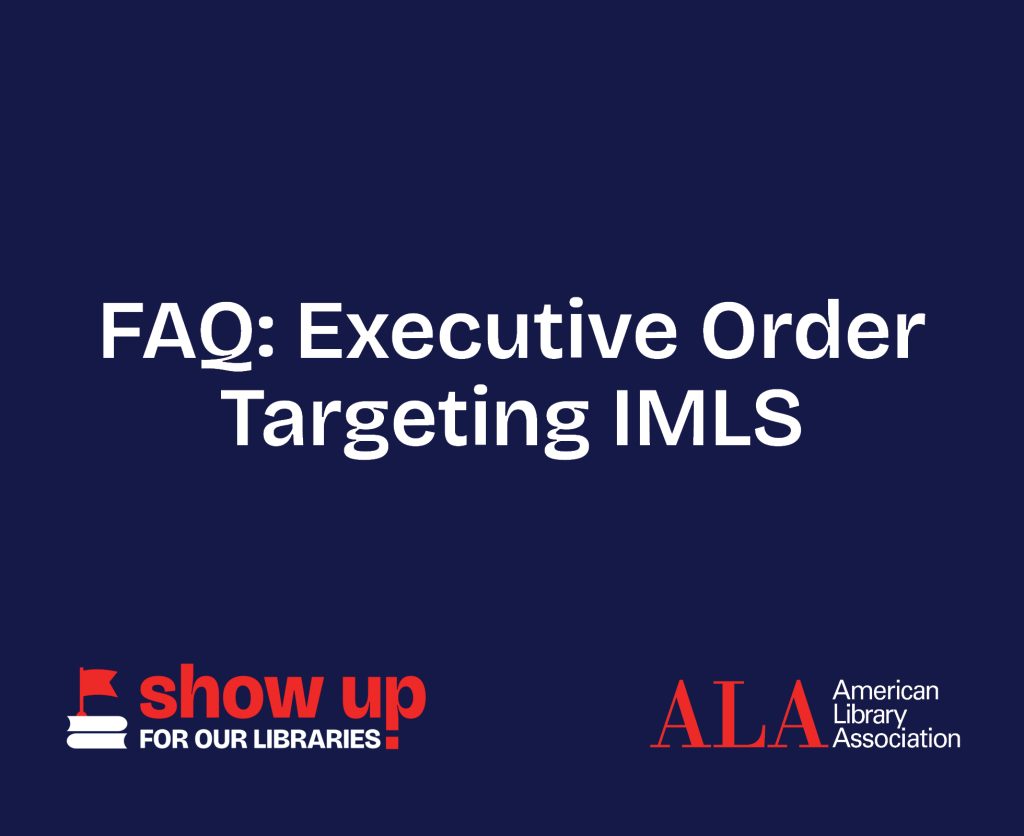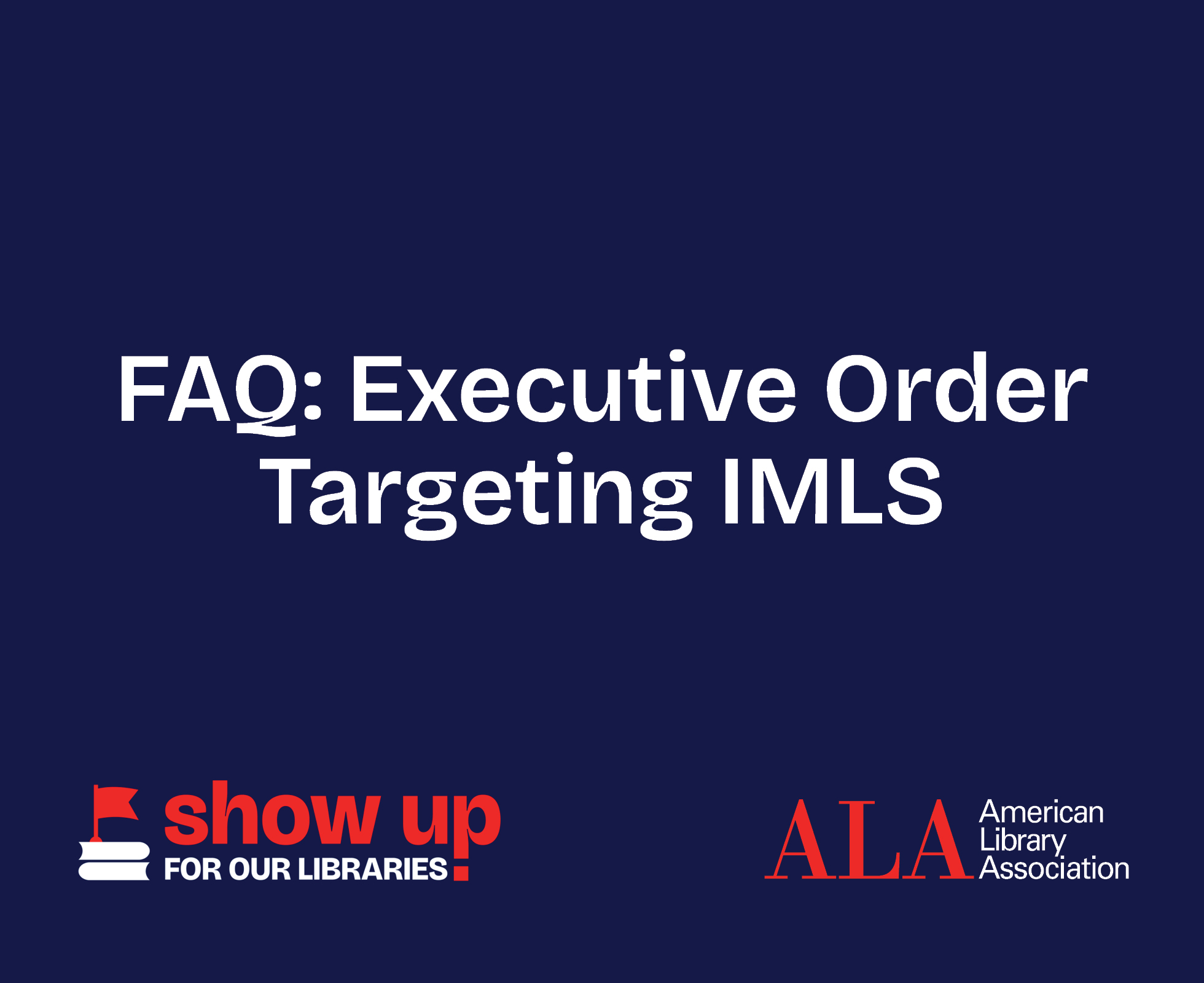
Overnight Termination of Hundreds of Museum and Library Grants Announced

Title: The Dismantling of Federal Arts and Culture Funding: Inside the Cuts to IMLS and NEH
In a swift and far-reaching move, the Trump administration has implemented drastic funding cuts to the United States’ cultural infrastructure, targeting prominent federal agencies such as the Institute of Museum and Library Services (IMLS) and the National Endowment for the Humanities (NEH). These decisions have far-reaching consequences for the museums, libraries, and cultural institutions that rely on federal support to bring educational, historical, and community-focused programs to life—particularly those serving immigrant, rural, and underserved populations.
This article examines the implications of the recent policy changes, explores the impact on organizations and individuals, and considers what this could mean for the future of cultural funding in America.
Background: Executive Order and the Rise of DOGE
The dismantling of the IMLS began in earnest with a controversial executive order signed by President Donald Trump, enabling the agency to perform only its “statutorily required” functions. The move was a cornerstone initiative of the newly formed Department of Government Efficiency (DOGE), chaired by Elon Musk. Self-described as a “disruption-focused” department determined to reduce federal spending, DOGE has prioritized slashing public arts and education grants in the name of fiscal responsibility and promoting so-called “American exceptionalism.”
Following the order, IMLS Acting Director Keith Sonderling, a recent Trump appointee, began issuing mass cancellations of previously approved grants. Sonderling claimed that certain agency-funded projects no longer aligned with updated departmental goals, echoing his pledge to re-center the agency around national pride and patriotic values.
“Promoting American exceptionalism is essential to our renewed mission,” Sonderling said last month. “Our resources must reflect that goal.”
Overnight Grant Terminations: Who’s Affected?
The impact has been nothing short of catastrophic. On April 9, IMLS sent abrupt letters to more than 1,000 grantees, informing them their federal funding had been revoked with immediate effect. These cancellations were made without prior consultation or indication of a review process. Many of these grants had already been partially or fully spent on ongoing programs, resulting in massive financial shortfalls.
Among the affected is the Center for Photography at Woodstock (CPW) in Kingston, New York. The nonprofit lost a $71,000 grant supporting a year-long afterschool program for immigrant teens, led by renowned artist Wendy Ewald. The program was aimed at empowering students to tell their family immigration stories through photography and multimedia art.
“In our case, federal funding represents nearly 10% of the budget,” said CPW Executive Director Brian Wallis. “Wholesale cuts to that funding will be crushing.”
Adding to the blow, CPW also received news that its $21,535 Public Impact grant from the NEH for a summer bookmaking workshop had been canceled under similar circumstances.
A Widening Cultural Emergency
The NEH followed suit within the same week, rescinding over 1,000 grants through similarly terse notices. These ranged from small amounts for independent archives to six-figure institutional grants like the Museum of the City of New York’s $100,000 for its exhibition, “Changing the Face of Democracy: Shirley Chisholm at 100.”
The Chester County History Center in Pennsylvania, which had already begun digitization work funded by its $100,000 IMLS grant, found out late in the evening on April 9 that the grant was nullified. Left mid-project, the center is now facing unexpected financial liabilities.
“Not only has that work been cut short, but we’ve been left with a financial burden as the federal government owes us funds with no indication that we will be reimbursed,” said Director Conor Hepp in a public video.
Mass Layoffs Amid Grant Cancellations
Coinciding with the defunding, both agencies are undergoing massive staffing cuts. At IMLS, administrative employees were put on indefinite leave without notice, a decision that prompted the board of trustees to issue a formal letter to Acting Director Sonderling, questioning the abrupt shutdown and its legality.
Meanwhile, a union representing NEH workers issued a statement that nearly three-quarters of NEH staff should brace for a Reduction in Force (RIF)—government jargon for mass layoffs.
The Scope of the Impact
In fiscal year 2024, the IMLS awarded $266.7 million to museums, libraries, archives, and community centers across the country. These cuts put many at risk of downsizing or closing programs, especially in communities with limited access to cultural and educational services. Small rural libraries, urban arts nonprofits, and institutions dedicated to historical preservation now face an uncertain future.
Critics raise alarms that these moves could amount to a politically motivated dismantling of independent cultural voices. Grants often fund programs centered on civil rights, immigration, history, and marginalized communities—topics that may not align with the current administration’s cultural priorities.
Cultural Resistance and Public Out